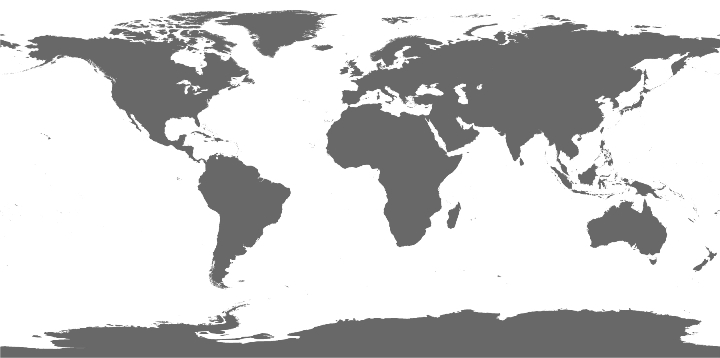Dataset 487
ITEX Dataset 9 - Alexfiord (Levdolomite, Levgranite) and Sverdrup
Realm: Terrestrial
Climate: Polar
Biome: Tundra Central latitude: 78.953570
Central longitude: -77.141200
Duration: 2 years, from 1992 to 2009
Climate: Polar
Biome: Tundra Central latitude: 78.953570
Central longitude: -77.141200
Duration: 2 years, from 1992 to 2009
536 records
19 distinct species
Across the time series Lichen is the most frequently occurring speciesMethods
Vegetation 1. 1992 and 2009: direct determination of area in the field. 2. Cover in % using modified Domin-Krajina abundance scale (Lévesque 1996) 3. 1992 and 2009: 25 quadrats of respectively 0.25m2 and 0.49m2 4. Approx subsite area (m2): 50m x 50m on Granite and dolomitic substrate at 540m ASL. 5. In 1992 lichen and moss were evaluated while, in 2009, lichen was entered as crust (because often combined with algae) and moss cover was only entered when the moss was not mixed with crust.Citation(s)





.
In (Eds.),
(p. ).
:
.
,
(),
.



